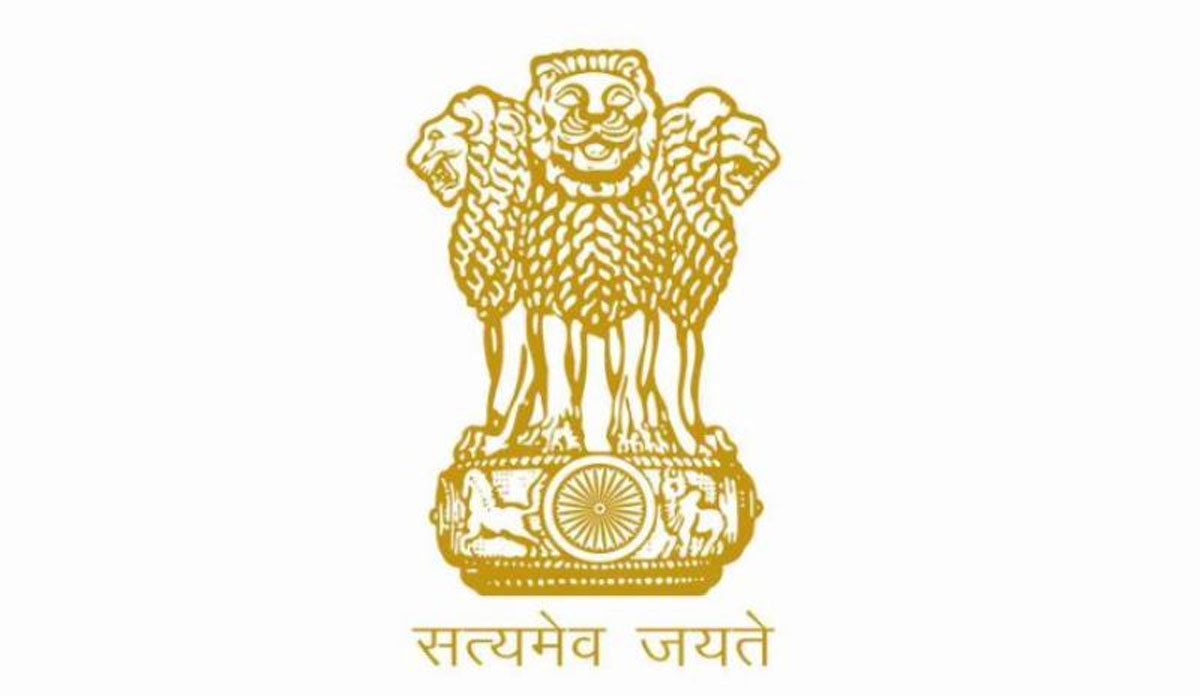Centre issues order, asks deptts to review service record of staff
Nishikant Khajuria
JAMMU, Aug 30: Gearing up for premature retirement of ‘inefficient’ employees who have attained the age of 50-55 years or completed 30 years of service, the Central Government has asked all the departments to review service records of such public servants.
An order in this regard, issued by the Ministry of Personnel, Public Grievances and Pensions, Department of Personnel and Training, Government of India, has been forwarded to the Secretaries of all Central Government departments for its compliance.
“The Government may, at any time after a Government Servant has attained the age of 50/55 years or completed 30 years of service, as the case may be, retire him pre-maturely in public interest,” said the Office Memorandum No.25013/03/2019-Estt.A-IV, dated 28th August, 2020.
As per the provisions relating to pre-mature retirement in the Fundamental Rules and CCS(Pension Rules, 1972, the Appropriate Authority has the absolute right to retire a Government servant under FR 56(j), FR 56 (I) or Rule 48(1) (b) of CCS) Pension Rules, 1972 as the case may be, if it is necessary to do so in public interest.
Stating that the objective of Fundamental Rule (FR) 56(j)/(I) and Rule 48 of CCS(Pension) Rules, 1972, is to strengthen the administrative machinery by developing responsible and efficient administration at all levels and to achieve efficiency, economy and speed in the disposal of Government functions, the order clarifies that premature retirement of Government servants under these rules is not a penalty.
“It is clarified that premature retirement of Government servants under these rules is not a penalty. It is distinct from ‘compulsory retirement’, which is one of prescribed penalties under Central Civil Services (Classification, Control and Appeal) Rules, 1965,” said the order.
Giving details on applicability of FR 56 (J), the order said the service record of a group A and B category officer can be reviewed if he/she has attained the age of 50 years (in case of joining service before 35 years of age) or after attaining 55 years (in case of joining service after 35 years of age).
Under FR 56 (I), the appropriate authority has the absolute right to retire a Government servant in Group C service or post who is not governed by any pension rules, after he has completed 30 years’ service by giving him/her notice of not less than three months in writing or three months’ pay and allowances in lieu of such notice, it said.
For the employees covered under Rule 48 (1) (b) of CCS (Pension) Rules, 1972, it said the review can be done at any time after a Government servant has completed 30 years’ qualifying service. “And in the case of such retirement, the Government servant shall be entitled to a retiring pension, provided that the appointing authority may also give a notice in writing to him at least three months before the date on which he is required to retire or three months’ pay and allowances in lieu of such notice,” explained the order.
Asking all the departments to maintain register for conducting such review of the Government employees for pre-mature retirement, the order has said that the register should be scrutinized at the beginning of every quarter by a senior officer in the Ministry/ Department/ Cadre so as to ensure timely completion of the exercise in this regard.
The Personnel Ministry order has also mentioned composition of a review committee and broad criteria to be followed by it while conducting assessment of the employees’ performance. “Government servants whose integrity is doubtful, shall be retired. Government servants found to be ineffective shall also be retired. The basic consideration in identifying such Government servants should be their fitness/competence to continue in the post held,” said the order, adding that no Government servant should ordinarily be retired on ground of ineffectiveness, if, in any event, he would be retiring on superannuation within a period of one year from the date of consideration of his case. However, in case where there is a sudden and steep fall in the competence, efficiency or effectiveness of a Government servant, it would be open to review such a case also for premature retirement.
The entire service record, in addition to the Annual Performance Appraisal Report (APAR), of a Government servant should be considered at the time of review and, similarly, his work and performance could also be assessed by looking into files dealt with by him or in any papers or reports prepared and submitted by him, said the order.
The recommendations of the Review Committee will be put up for consideration and approval of the Appropriate/Appointing Authority in those cases , where it has been recommended to retire the Government servant prematurely.
In case of officers holding Group A posts, the Review Committee shall be headed by the Secretary of the concerned CCA while in case of Group B (Gazetted) officers, Additional Secretary/Joint Secretary level officer shall head the Review Committee.
In case of Non-Gazetted employees, an officer of the level of Joint Secretary will head the Committee while in case of Non-Gazetted employees in other than centralized cadres, Head of Department/Head of the Organization shall decide the composition of the Review Committee.
Chief Vigilance Officer, in case of Gazetted officer, or his representative in case of non-Gazetted officers, will be associated in case of record reflecting adversely on the integrity of any employee.
To assist the Review Committee, Secretary of the CCA has been empowered to constitute an Internal Committee for ensuring that the service record of the Government servants being reviewed, along with a summary and all relevant information, is submitted to the Cadre authorities at least three months prior to the due date of review.
In support of the move on premature retirement of the employees, the Ministry has also quoted some important judgements of the Supreme Court in the order.


